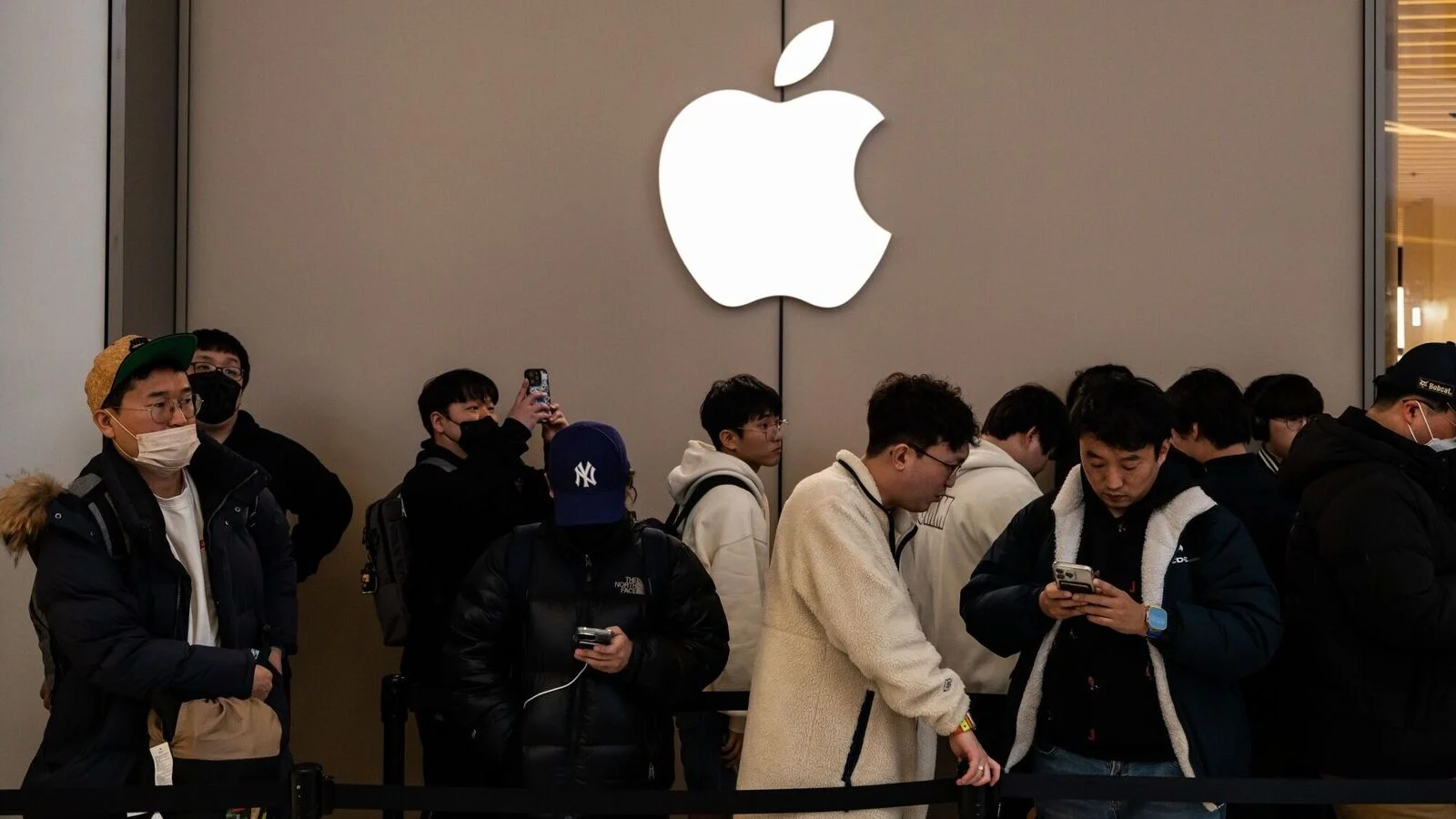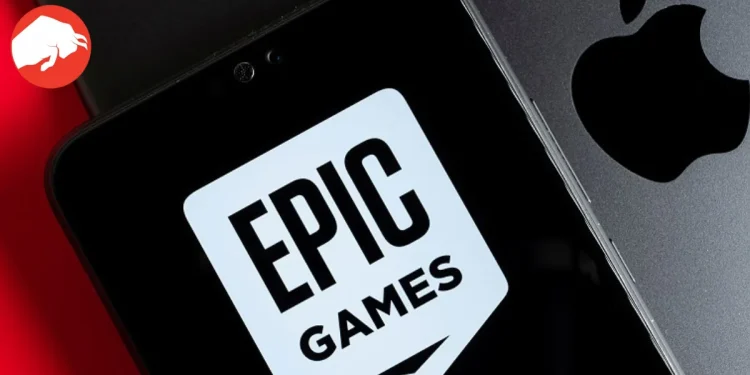In a landmark development that marks a shift in the dynamics of app development and distribution, Apple has recently announced a decision allowing iPhone app developers to use alternative payment systems. This significant change, reported by AFP, comes in the wake of a prolonged legal battle with Epic Games and a Supreme Court decision that has far-reaching implications for the tech industry.
The Legal Battle: Epic Games vs. Apple
The confrontation between Epic Games and Apple began in 2020, challenging Apple’s dominance over its App Store. The core issue revolved around Apple’s practice of charging up to a 30 percent fee on all financial transactions within its app store, which Epic Games and other developers criticized as an unfair “tax” on their revenues.
Although the federal court in San Francisco largely sided with Apple, it did acknowledge that apps could inform users about alternative payment methods outside of Apple’s ecosystem. The recent Supreme Court’s refusal to hear appeals from both parties solidified this aspect of the lower court’s ruling.
Apple’s Plan for Compliance: A New Era for Developers
Following the Supreme Court’s decision, Apple outlined its plan to adhere to the lower court’s ruling by allowing developers to use external payment systems. This includes implementing buttons or links within apps for this purpose. However, Apple has clarified that it will continue to impose a 27 percent fee on transactions made through these alternative systems, slightly lower than its standard 30 percent.

Epic Games CEO Tim Sweeney has voiced his discontent with this arrangement, labeling it as “bad-faith” and a hindrance to competitive pricing. This statement reflects the ongoing struggle between large tech companies and app developers over fees and control within app ecosystems.
Navigating the New Landscape: Developer Requirements and Apple’s Oversight
In its filing, Apple also specified that developers must qualify for “link entitlement” privileges to use external payment systems. This entitlement could be revoked if developers fail to comply with Apple’s rules, a measure Apple justifies as necessary to mitigate risks associated with external payment links.
This development signals a substantial change in Apple’s traditionally strict control over its App Store. While it presents new opportunities for app developers, it also comes with its own set of challenges and responsibilities.
The Future of App Development and Distribution
The resolution of the legal dispute between Epic Games and Apple sets a significant precedent in the tech industry, particularly concerning antitrust and market dominance issues. Apple’s decision to allow alternative payment systems, albeit with conditions, indicates a potential shift in the broader landscape of app development and distribution.
As the tech world continues to evolve, this development could pave the way for more changes in how app stores operate and how developers can monetize their apps. The tech community, developers, and users alike will be keenly observing how these changes unfold and impact the app marketplace in the coming years.









